#max mccandles
Explore tagged Tumblr posts
Text
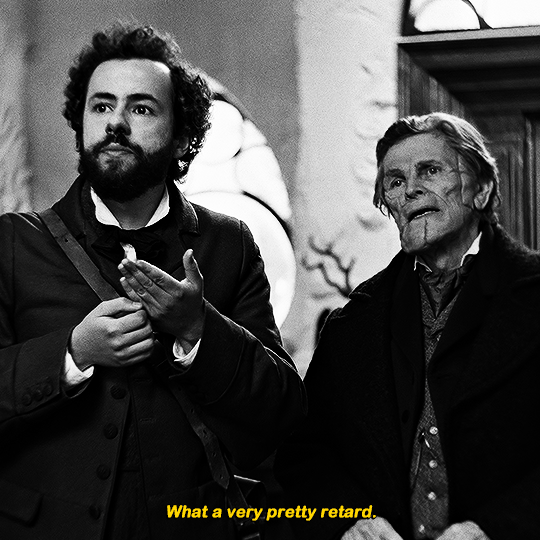

POOR THINGS (2023) dir. Yorgos Lanthimos
#poor things#bella baxter#godwin baxter#max mccandles#emma stone#willem dafoe#ramy youssef#scifiedit#poorthingsedit#dailyflicks#filmedit#usersakshi#userlera#userkd#*#girl i LAUGHED. i'm not proud of myself
562 notes
·
View notes
Text

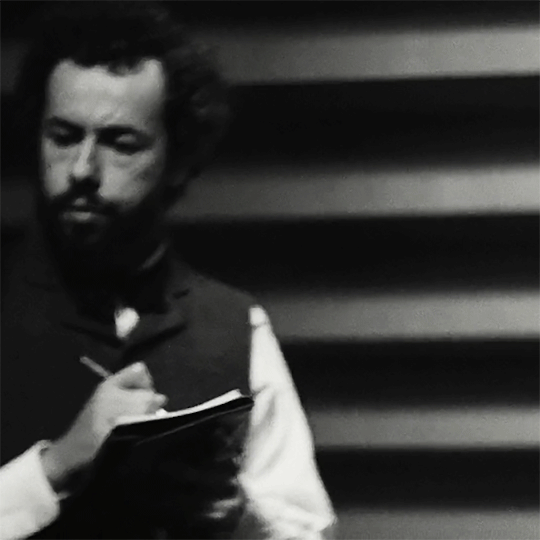
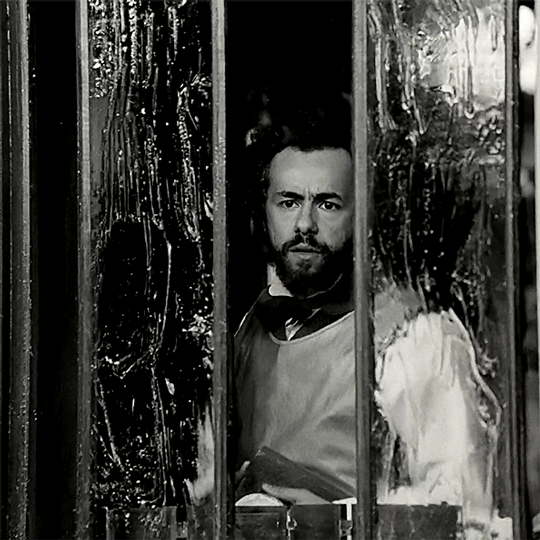

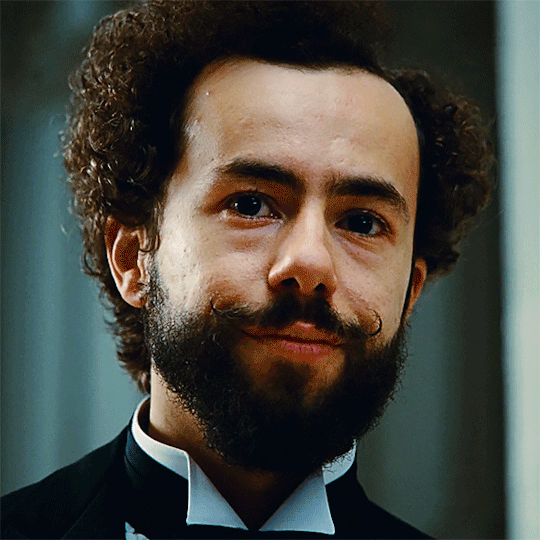

RAMY YOUSSEF as MAX MCCANDLES
Poor Things (2023) dir. Yorgos Lanthimos
#poor things#poor things 2023#poorthingsedit#max mccandles#ramy youssef#filmgifs#filmedit#*mygifs#moviegifs#film diary#movieedit#dailyflicks#cinema#cinematv#actors#ramyedit#ramyyoussefedit#why have i not seen any gifsets of himmm#i love him sm
390 notes
·
View notes
Text
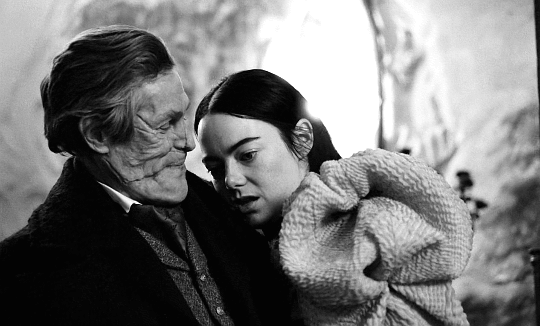
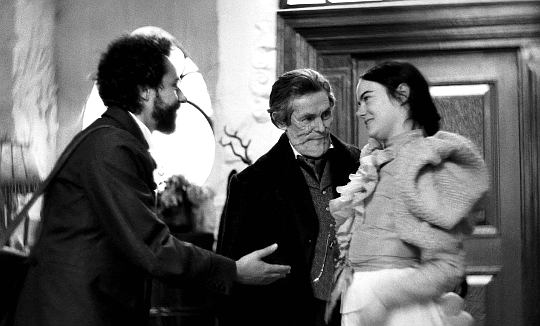




Bella, this is Mr. McCandles. Hello, Bella.
POOR THINGS (2023) dir. Yorgos Lanthimos
#filmedit#poor things#emma stone#willem dafoe#ramy youssef#bella baxter#godwin baxter#max mccandles#yorgos lanthimos
313 notes
·
View notes
Text
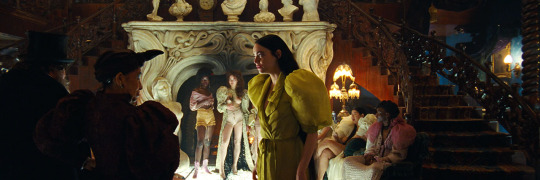


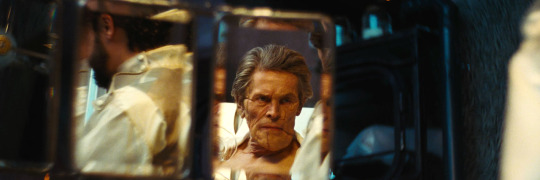
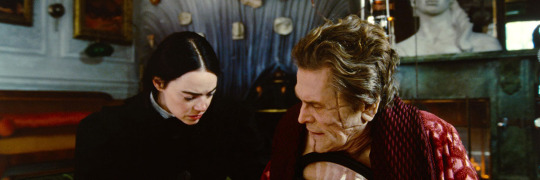



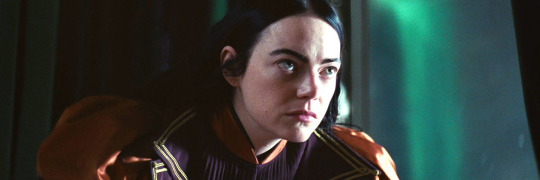

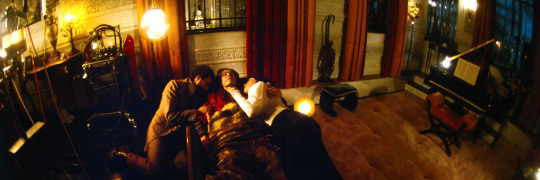

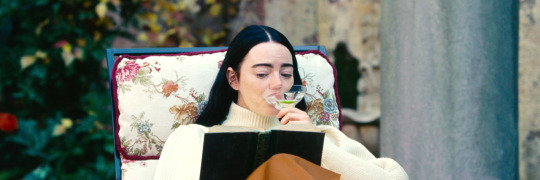

Poor Things, 2023
#poor things#poor things headers#headers poor things#headers#emma stone#emma stone headers#headers emma stone#bella baxter#bella baxter headers#ramy youssef#ramy youssef headers#headers ramy youssef#max mccandles#willem dafoe#willem dafoe headers#headers willem dafoe#godwin baxte#mark ruffalo#mark ruffalo headers#headers mark ruffalo#duncan wedderburn#duncan wedderburn headers#headers twitter#yorgos lanthimos#yorgos lanthimos headers#poor things 2023#poor things movie#poor things spoilers#poor things film#estonedit
115 notes
·
View notes
Text


If Bella Baxter has 10000 fans I’m one of them. If Bella Baxter has 1 fan it’s me. If Bella Baxter has 0 fans I’m dead. I love you Bella Baxter. (So many good character combos could have been used for that first image but I’m partial to Toinette and Max)
#my art#art#illustration#poor things#bella baxter#max mccandles#toinette#doodles#digital sketchbook#artists on tumblr#digital illustration#movie fanart#fanart#film#film fanart#digital sketch
83 notes
·
View notes
Text
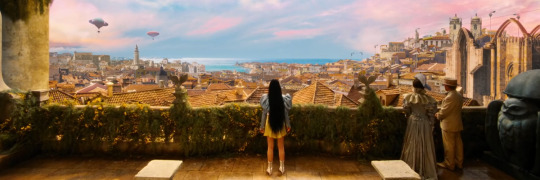
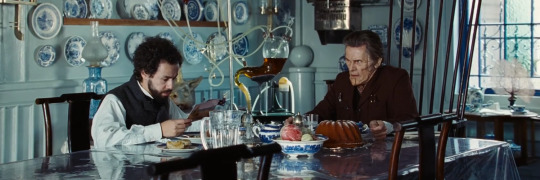

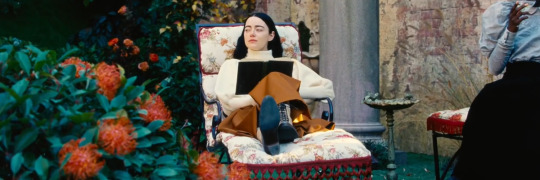


poor things headers
like if you save / use
credits are appreciated
66 notes
·
View notes
Text

Poor Things (2023)
#2023#film#movie#Poor Things#Yorgos Lanthimos#Emma Stone#Bella Baxter#Christopher Abbott#Alfie Blessington#Willem Dafoe#Godwin Baxter#Mark Ruffalo#Duncan Wedderburn#Ramy Youssef#Max McCandles#Margaret Qualley#Felicity#Suzy Bemba#Toinette#Vicki Pepperdine#Mrs. Prim#London
15 notes
·
View notes
Text
I actually feel crazy, am I the only one who thought poor things was so creepy ? I enjoyed the visual aspect but the actual plot is so paedophilic. In my head her mental age at the end of the film was about 18 so I don’t understand why people are using the excuse of “she progresses faster” to defend this film, which in my opinion is a nonces wet dream.
21 notes
·
View notes
Text

Made like a dark, fucked up version of Barbie haha. Just a glimpse into my dark reality. A full stare into my twisted perspective would make most simply go insane Imao
#poor things#yorgos lanthimos#bella baxter#godwin baxter#max mccandles#duncan wedderburn#harry astley#alfie blessington#emma stone#willem dafoe#ramy youssef#jerrod carmichael#christopher abbott#barbie#barbie movie
28 notes
·
View notes
Text
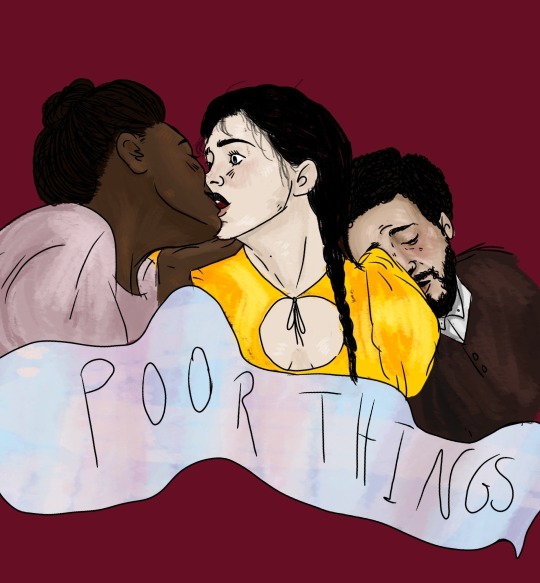
Super quick and Lazy Poor Things fanart.
Finished the filmed, love the artistry of it. Loved the message of free thinking and self-discovery, very lovely. I loved the costumes and sets very nice.
I didn't realize there'd be so much sex going in, so if you're someone who isn't cool with that on your screen, then it's not for you.
SPOILERS FOR FINAL SCENE
.
.
.
When you see them all the garden, especially Bella, Toinette, and Max who are sitting together, all I could think was good for them. They all get their happy ending... I know they're probably not poly... but if they are, I need to draw that one really bisexual picture with Annie Hathaway.
#bella baxter#bella poor things#toinette poor things#max poor things#max mccandles#toinette wasnt given a surname :(#that one really bisexual picture#poly????
15 notes
·
View notes
Text
I don’t know if you noticed, but I watched ‘Poor Things’ for the first time. I actually watched it yesterday completely unaware that the next day would be the one year anniversary of the film being out. I really enjoyed the movie and could understand how people would be confused by the film, but it made sense to me honestly
2 notes
·
View notes
Text
Poor Things HD Sticker Set / Poor Things Movie T Shirt and more!

delightful journey into the strange and wonderful world of poor things feat your fave quotes!
#poor things#emma stone#yorgos lanthimos#poor things bella baxter#poor things film#poor things alfie blessington#poor things dr godwin baxter#poor things duncan wedderburn#poor things movie#bella baxter#duncan wedderburn#max mccandles#poorthingsfilm#bellabaxter#emmastone#poorthings#poorthingsmovie#ramyyoussef#yorgoslanthimos
0 notes
Text
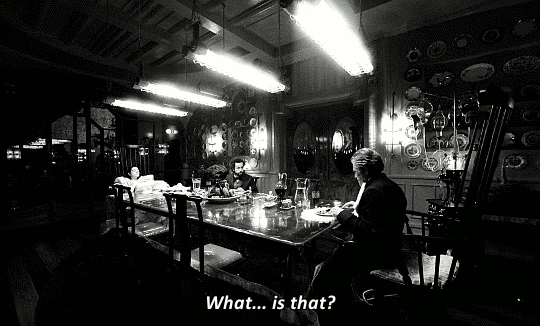
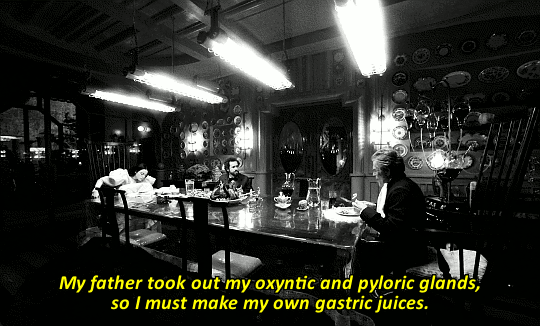
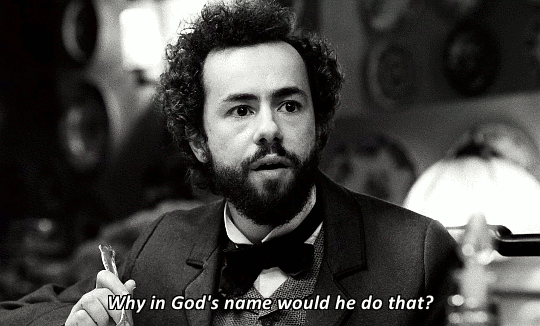

He was a man of unconventional mind.
POOR THINGS (2023) dir. Yorgos Lanthimos
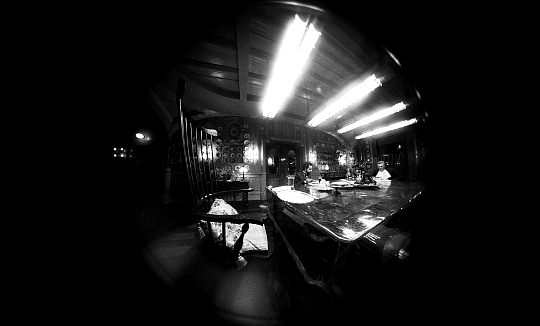
84 notes
·
View notes
Text


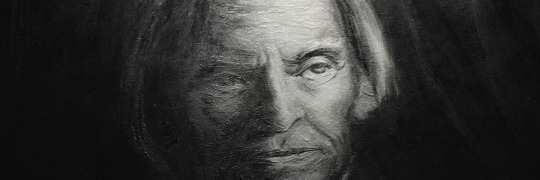

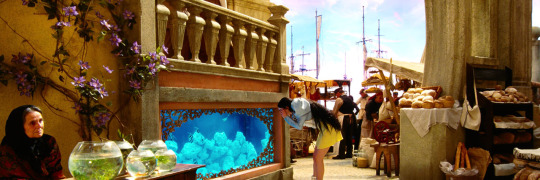
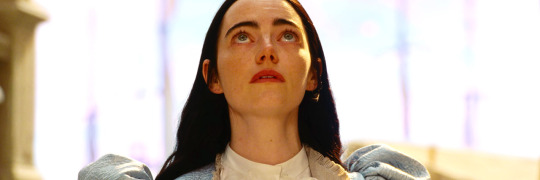

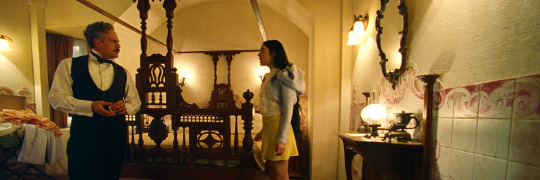






Poor Things, 2023
#poor things#poor things headers#headers poor things#headers#emma stone#emma stone headers#headers emma stone#bella baxter#bella baxter headers#ramy youssef#ramy youssef headers#headers ramy youssef#max mccandles#willem dafoe#willem dafoe headers#headers willem dafoe#godwin baxte#mark ruffalo#mark ruffalo headers#headers mark ruffalo#duncan wedderburn#duncan wedderburn headers#headers twitter#yorgos lanthimos#yorgos lanthimos headers#poor things 2023#poor things movie#poor things spoilers#poor things film#estonedit
64 notes
·
View notes
Text
Poor Things and Born Sexy Yesterday
(spoilers for Poor Things)
I stumbled on a discussion on whether Bella Baxter from the movie Poor Things (2023) is a representation of the Born Sexy Yesterday trope coined by video essayist Pop Culture Detective, who defines it as a mostly fantasy and sci-fi adjacent trope of a regular human man falling in love with a beautiful, otherworldly woman who, through some plot quirk or another, has no knowledge of social norms and no sexual or romantic past. Even though he is brutally average, he is able to win her love simply because he is the first (human) man she connects with and thus everything that's basic about him is impressive to her. Some examples of the trope given by Pop Culture Detective in his video essay are Leeloo from Fifth Element (the physically grown yet mentally child-like alien creature who falls in love with a taxi driver in a wifebeater) and Madison from Splash (a clothes-aversive mermaid who thinks that Tom Hanks is the most enchanting man in the world). I love Pop Culture Detective's work, and the Born Sexy Yesterday video essay was a cultural reset in my personal history. I saw the video when it premiered six years ago, but it has never fully left my mind, so of course I immediately thought of it when I saw Poor Things a couple of weeks ago. The movie certainly touches on the same themes that the Born Sexy Yesterday is made of. However, I think that the movie is an intentional subversion and a satire of the trope rather than a sincere execution of it.
The main character of the movie Bella Baxter starts out as a grotesquely literal version of the trope, as she is literally a newborn in the shape of a conventionally attractive woman who is being actively shielded from the influence of the outside world. She has the brain of a baby salvaged from the fresh corpse of a deceased pregnant woman, planted inside the skull of the reanimated body of the aforementioned woman as an experiment done by the unorthodox doctor Godwin Baxter. He keeps her locked inside his house and controls every aspect of her life, so when he invites the young doctor Max McCandles to join his research, McCandles is served what is essentially the perfect Born Sexy Yesterday experience: an exclusive access to a beautiful and naive young woman who is in a prime position of being groomed into whatever her keepers wish her to become.
Or so they would think.
A sincere Born Sexy Yesterday would be fully fascinated by this power dynamic and probably leave her here to be romanced by McCandles for the rest of the film. The audience would be expected to assume McCandles's perspective and indulge in the fantasy of falling in love with the untainted woman who has neither the life experience nor the critical thinking skills needed to question him.
But, fortunately, the movie doesn't remain here. After the first act, the movie switches its point of view from McCandles to Bella and starts putting her experiences to the forefront. She starts developing interests that absolutely do not align with the wants and needs of the men around her, and she begins to learn things that clash with the essence of the Born Sexy Yesterday trope. Soon, she has grown into a headstrong, independent, sexually experienced, intellectually curious woman who had zero interest in entertaining the whims of men and who intends to live fully for herself and herself alone: an absolute antithesis of the clueless and subservient blank slate the trope would require her to be. My reading of the film is that it's an intentional satire and an autopsy of the BSY trope and the gender politics that gave birth to it. It criticizes the men who entertain fantasies like it by making them look like absolute losers, urging us to ponder on what the hell is wrong with these creeps who see nothing wrong with drooling over a woman who is mentally a toddler instead of their intellectual equal.
The movie also reads as a critique of how women are socialized into a patriarchy. Godwin treats Bella just like a possession of his. Her body and her life are completely under his control from the moment she is "born" (another act in which neither Bella nor the woman she was born from had any say in), which isn't dissimilar to how a lot of fathers view their daughters. He wishes to keep her under constant supervision until the end of her life, until she protests and gets him to change his mind. When he asks McCandles to marry her, the two men treat the proposed marriage as a contract between the two of them rather than as a contract between McCandles and Bella herself. Again, this isn't too different to what marriage between men and women has meant throughout history.
McCandles is romantically interested in Bella even though he is fully aware of the fact that she is mentally a child. He seems to be looking forward to starting a sexual relationship with her after they are wed, as if the seal of marriage would make the intellectual disparity between them any less iffy. This bears resemblance to the way men in the real world prey on young girls with little to no sexual experience and whose brains are not fully developed because they're easier to control than grown women. I don't think that McCandles's hypocrisy is lost on the film. He agrees to marry Bella almost in the same breath as expressing his desire to keep her safe from other men, as if his desire to bed a person who is intellectually at the level of a five-year-old was any better than theirs.
When Bella chooses to leave Godwin's house to explore the world, the two men immediately replace her with a new experiment, showing that they were never truly interested in her as a person. They wanted the eternal baby, the thing that they can cage and control, and not the person who can think and learn and disagree with them. This exemplifies how disposable women are when they no longer serve their limited purpose in a patriarchy, and how replaceable people are when they are primarily viewed as bodies to be used. (Sidenote: I do think that Godwin and McCandles eventually learn to appreciate Bella for the person she is and that they both grow to be better people by the end of the film, but I still attest that these two are total creeps at least by this point of the movie.)
And then there's the supreme loser of the movie: the sleazy lawyer Wedderburn, who slithers into Bella's life and convinces her to run away with him. He is the darkest example of the kind of person who is drawn to inexperienced women like the ones represented in BSY movies - a predator who finds pleasure in the prospect of getting to corrupt and consume an innocent. He intends to take advantage of Bella and abandon her once he's gotten his fill only to find himself choking on his prey, who turns out not to be the malleable, naive creature he thought her to be.
This is the point where I think the movie goes from simply critiquing the BSY trope and everything it represents to successfully subverting it. The characters who embody the BSY trope don't really evolve. The movies they appear in are not really interested in their inner worlds and individual experiences beyond whatever serves the interests of the male protagonists. These characters are projections of male fantasies, so there really isn't a way for them to exist without centering men. This is not the case with Bella, who quickly grows into her own woman who is only tangentially interested in the men around her.
The bright side of Bella's condition is that she isn't just unaware of the ways of the world, but that she's also unaffected by the years of patriarchal conditioning that most normal women are burdened with. She literally has no shame, no internalized misogyny, no history of crushing blows to her sense of self-worth, and no looming knowledge of societal norms society. She has skipped the part in life where she is constantly bombarded with demands to make herself smaller and more palatable, to hate herself, to think of her body and the way it finds pleasure as something disgusting and abnormal, to treat other women as competition, and to think of herself as so much less important than men that she must pursue their validation beyond all else. Because of this blessed defect, she is free in a very rare way.
Wedderburn absolutely cannot handle that. When Bella first gets to know him, he paints a flattering picture of himself as a proud social deviant who gleefully eschews the rules of polite society. However, when faced with the actually deviant Bella, who flatly refuses to obey and center him, Wedderburn is revealed to be a phony. He is not a genuine libertine. He does not want to live in a truly free world with a free spirit like Bella, because he is a pathetic, insecure little man who only likes women in scenarios where the power balance is stacked against them. In my opinion, this is a direct shot fired at the BSY trope and its average enjoyers: if your ideal woman is someone who is many steps behind you in terms of mental capacity and experience, you are quite pitiful and would not stand a chance in an equal playing field.
It's hilarious how Wedderburn loses his mind when Bella starts exhibiting the kind of behavior he himself has proudly displayed earlier in the film: having multiple sexual partners, keeping sex and feelings separate, not falling in love with him or treating him like he's special, dropping him once she's had enough of him, and generally living life in an unconventional way. Again, the movie is pointing out the hypocrisy in men who fetishize inexperienced women while bragging about their own sexual conquests.
The part in the movie where Bella becomes a sex worker delivers the final blow to whatever is left of the BSY trope in her story, because the trope relies on sexual exclusivity and the fetishization of virginity. By having many partners and gaining lots of sexual experience out of her own free will, Bella stops fitting the ideal of the untouched woman who can be deflowered and exclusively possessed by the male protagonist. Also, through the conversations between Bella and the other sex workers, the movie finds another way to address the politics behind certain men's sexual fantasies of women - such as pointing out that some men enjoy sex with women more the less the women themselves enjoy it. It's a stray observation that the movie doesn't get deep into, but it has its place in the tapestry of the general theme of what desire reveals about people.
Finally, there's Alfie, who gives Bella (and us) an idea of the kind of life Bella's "mother" lived - as well as the kind of life Bella herself might be living had she grown up the normal way. It seems hellish. She'd be living under the tyranny of her awful husband, under a constant threat of violence, under absolute bodily control. Alfie wants to impregnate her against her will and to mutilate her genitals to deprive her of pleasure, and there's nothing that she could do about it because he is her husband and thus legally allowed to lord over her. She sees a terrifying glimpse of the role even privileged women like her have in this world: objects who exist solely for the pleasure of the men who own them. I would venture to say that the same description lies in the underbelly of the BSY trope.
I am happy that the movie doesn't take its sweet time to revel in the horror of this part of the story like so many other movies that address the oppression of women do. Instead, Bella stays with Alfie just enough time to say a hard and a well-informed no to his bullshit before getting on her merry way.
I think Poor Things is such a great example of taking a trope and exploring its implications in a way that goes beyond just pointing it out or parodying it by simply repeating it.
#poor things#yorgos lanthimos#bella baxter#emma stone#born sexy yesterday#pop culture#tropes#feminism#gender politics#movies#cinema#film#film studies
177 notes
·
View notes
Text
Not to mention the other Black character, Harry, whose only purpose was to stomp on Bella's naive outlook on the human condition.
And why was he the first man she didn't try to bang? Honestly, he's the best-looking guy in the movie. So why? Hmmm...
I also side-eye that this white male filmmaker was so eager to punish Toinette, for speaking out of turn, she had to suck off the ugliest nastiest-looking man for free. Thankfully it wasn't on camera but eww. Why? Why are the Black characters always in these roles??? No, It's yet another white male filmmaker airing out his biases and fetishes on film like Tarantino, and the industry just uncritically calls it "genius" Meanwhile, my Black ass is rolling my eyes calling it what it is, very typical, and basic for that mess. If the filmmaker uses the other as fodder, they aren't an artist. Period. I had found Yorgos' other movies disturbingly interesting at least, or oddly, intriguing.
Watched Poor Things last night. If Mary Shelley's Frankenstein had been an oral tradition passed along among women and the Grimm Brothers collected and reinterpreted it, it would be Poor Things.
#poor things roast#didn't like it#I worked with special needs adults and the way I would have taken a bat upside Max McCandles' head after his first impressions of Bella#The way her father-“god” coulda got several hearty swings too#like compare that to even the holdovers handling of their black character#like she has life trials too#but she was a fully fleshed out character that the others looked after and cared for#Alexander Payne did not turn her into a mammy for more important white characters#...like I did fear as I watched.
61 notes
·
View notes